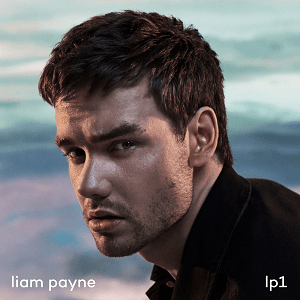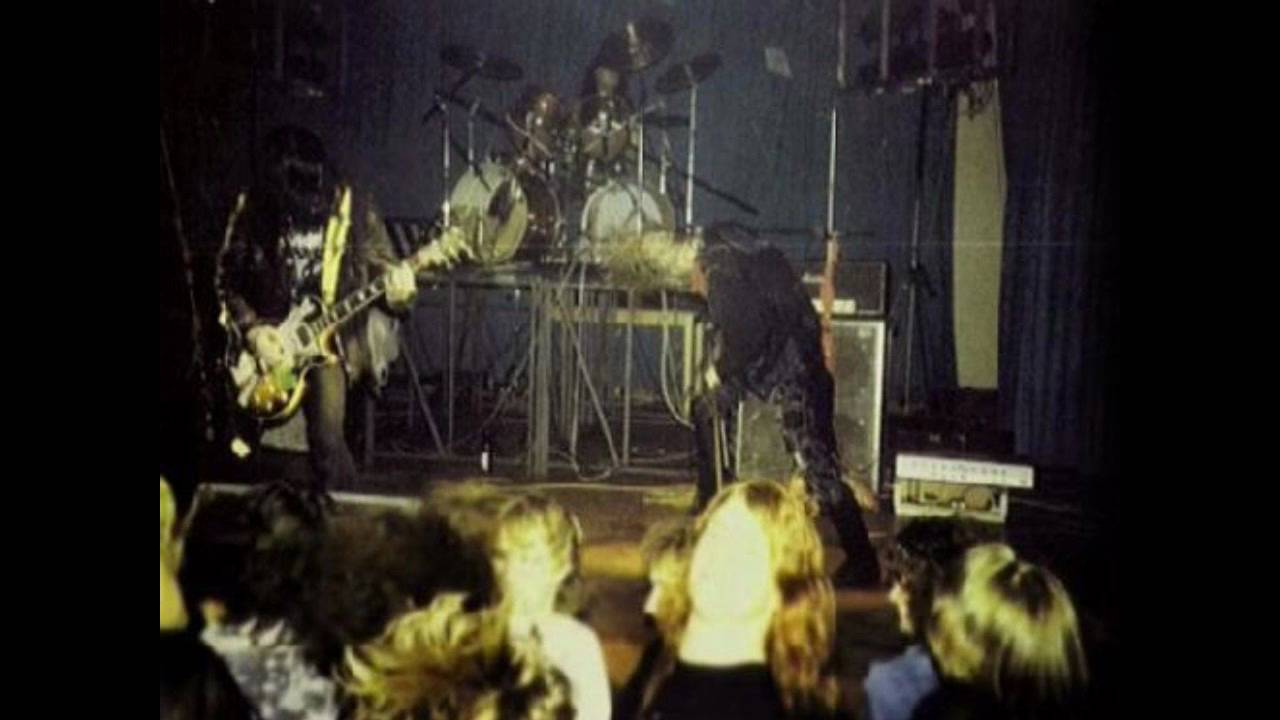
After dominating the charts in the early 2010s, the members of One Direction, all have their own established solo careers now. While the members are using this new freedom as a time to find their own styles and step away from the artistic confinement of a boyband, one member has run into some backlash with the release of his first album. Liam Payne released his solo album LP1 in December of 2019, but allies and members of the LGBTQ+ community reacted strongly to an attack of sexual identity in one of his new songs.
While most of his album contains sexual themes and shamelessly portrays women as sex objects, one song, in particular, brought unease in the LGBTQ+ community. His song “Both Ways” paints the picture of Payne involved in a threesome with two bisexual women. Throughout the song, Payne constantly touches on the fact that he is aroused by a bisexual partner more-so than a heterosexual partner. Some of Payne’s lyrics include: “Loving the way she’s turning you on,” and, “Sharing that body like it’s our last meal.” Not only are the lyrics aggressively sexual, but they are blatantly suggestive of bisexual stereotypes.
Recognized as a minority within the LGBTQ+ community, bisexual people are often stereotyped as a half-way identity falling in the middle of heterosexuality and homosexuality, instead of being given their own sexual identity. In the study “Stereotype Deduction About Bisexual Women” by psychology researchers Alon Zivony and Tamar Saguy at Tel Aviv University and Interdisciplinary Canter Herzliya, bisexual stereotypes were analyzed by having heterosexual participants describe the traits of a bisexual character in a short story. After evaluating the common traits used to characterize the bisexual woman, the researchers found that “bisexual women are stereotyped as promiscuous and confused” (Zivony and Saguy 11). Through his lyrics, “She said ‘we’re young and we’re stupid’// She said \’come on boy let\’s do this\’” Payne is affirming this stereotype and suggesting that bisexuality is simply a phase that young people go through, but eventually grow out of. In doing so, Payne is invalidating an entire community’s sexual orientation as something that most ‘stupid’ young people go through or should try. While it’s perfectly acceptable for an individual to explore their sexuality, this is not the case that Payne is attempting to make. Even in his attempts to denounce potential claims of biphobia through his lyrics, “No, I don’t discriminate// Bring it back to my place” he is insinuating that he would rather have one or both of his partners identify with the bisexual community. Subsequently, Payne is fetishizing bisexual women and portraying them to be the key to a pleasurable sexual encounter.
The study further outlined the ‘promiscuous and confused’ stereotype of bisexual women and suggested that these prejudices are “aggravating the social isolation experienced by bisexuals even further” (Zivony and Saguy 11). By playing into these stereotypes, Payne is no longer only acting on his sense of artistic expression but harming the bisexual community’s sense of identity and validation. “Both Ways” is taking control of the bisexual identity out of the hands of bisexual women and giving it to men who only validate bisexuality when it serves a purpose to them (i.e. their own sexual pleasure) as seen in Payne’s lyrics, “Make everyday my birthday” and, “Nothing but luck that she got me involved.”
Furthermore, as an attempt to explain the root of these stereotypes, Zivony and Saguy suggest that stereotypes of bisexuals often come from “ignorance and inaccurate assumptions regarding bisexuality,” rather than a place of malice (11). It’s important to take this information into account when evaluating Payne’s situation. Should his acts of bisexual prejudice be so harshly critiqued if they genuinely come from a place of ignorance? Is it possible that Payne was simply expressing his sexual experiences without any knowledge of wrongdoing caused by the lack of exposure and understanding of these stereotypes? While it’s easy to hope that an artist was completely unaware that their lyrics would offend such a large population of individuals, there are actions that Payne could have taken to make his ignorance on the subject known. After ignoring the backlash from fans and LGBTQ+ advocates, Payne waited four months before he finally apologized for his release of “Both Ways” in an interview with Jack Hardwick from Daily Star and claimed that he was, “going through a lot of personal things” (1). His response was more than disappointing as he failed to apologize directly to the bisexual community and generalized his statement to his entire fanbase. Later in the interview, Payne also claims to be a victim of the industry by being pigeonholed into his current style of music–further invalidating the betrayal felt by his bisexual fans.
With so much anticipation leading up to his release of a solo album, Payne let down his fans by placing the representation of his own sexual preferences and experiences ahead of the validation and protection of the bisexual community. “Both Ways” clearly misrepresents bisexual women and paints them in an overly-sexualized light for the sake of Payne’s idea of a fun night out. Speaking based on this rift that Payne created in the trust of the LGBTQ+ community, it is clear that his solo career is headed in the wrong direction.
Works Cited
Alon Zivony & Tamar Saguy (2018): Stereotype Deduction About Bisexual Women, The Journal
of Sex Research, DOI: 10.1080/00224499.2018.1437116
Hardwick, Jack. “Liam Payne Apologises for Threesome Track as He Vows to Ditch Sexy
Lyrics.” Dailystar.co.uk, Reach Plc, 17 Apr. 2020, www.dailystar.co.uk/showbiz/liam-payne-apologises-threesome-track-21881878.






